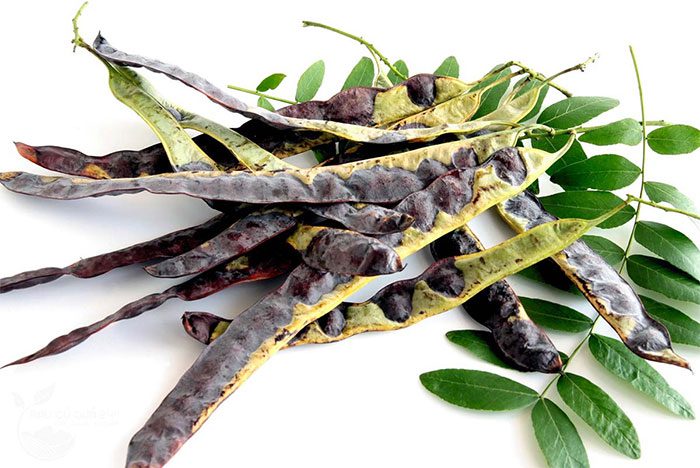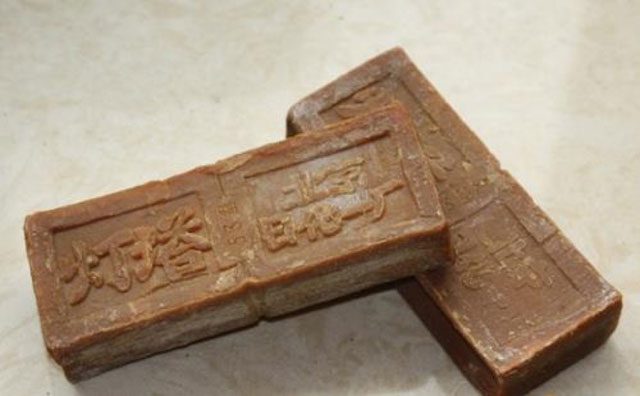When we think of women in feudal China, many might picture a girl with skin as soft as a pomelo, leaning against a wall with a slightly ajar door beside her, as the wind blows through, making her loose, flowing garments flutter like a butterfly. As the wind picks up strength, her long black hair dances in the breeze.
This scene is undeniably beautiful, but if her hair is greasy and carries an unpleasant odor, it might seem somewhat unrefined.
This leads one to consider that people in ancient times were still human and naturally engaged in bathing and grooming. However, during that era, there were no shampoos or conditioners like we have today, so how did people wash their hair?
In fact, cleanliness was highly valued in feudal times. The ancient text “Shuowen Jiezi” mentions that maintaining personal hygiene was a fundamental ritual in daily life, which included washing hair, bathing, soaking feet, and washing hands.
Even during the Han Dynasty (202 BC – 220 AD), there was a ritual for bathing. Beyond the purpose of cleansing the body, this festival also provided recreational joy, becoming a “benefit” for officials of that time. During the bathing festival, workers were given five days off to cleanse themselves, change into new clothes, and return home to reunite with their families.
People of that era were adept at sourcing materials from nature. They devised various alternatives when shampoos or soaps were unavailable.
1. Soap Nut

Ancient people used soap nuts to wash their hair.
First, the soap nuts (dried) were cleaned and soaked in boiling water until they softened. Second, they were finely ground. Third, the ground soap nuts were boiled in water, with a little brown sugar added, and simmered until thickened, then stored for later use.
Soap nuts were used to wash hair, effectively removing oil and keeping hair clean and shiny. In addition to hair washing, soap nuts were also used for laundry, and clothes washed with soap nuts were believed to be very soft and resistant to fading.
2. Vegetable Ash
Vegetable ash, most commonly derived from burnt straw, was mixed with water, stirred, and then used to wash hair, followed by rinsing with clean water. This method was also effective at removing oil from hair.
3. Hibiscus Leaves
Compared to soap nuts, hibiscus leaves had a more pleasant fragrance. Ancient people would gather and wash the leaves, discarding any damaged or insect-infested ones. The fresh leaves were then chopped, wrapped in a thin cloth, and placed in warm water, where they were vigorously rubbed and squeezed. Washing hair with hibiscus leaves could be more time-consuming and labor-intensive.
4. Rice Water
Ancient people favored using rice water to wash their hair when soap nuts and hibiscus leaves were unavailable.
In modern times, we can provide a scientific explanation; rice water contains several amino acids and proteins that, upon contact and absorption, make hair smoother, darker, and shinier. Of course, don’t forget to rinse hair with warm water at the end.
5. Bean Powder

This product was primarily popular before the Song Dynasty.
Bean powder is a dry powder compressed into blocks from soybeans and various herbs. It can be used for hand washing, face washing, hair washing, bathing, and laundry, making it quite versatile.
However, due to the complex process of making bean powder blocks, along with additional herbs, they were relatively expensive, and commoners did not typically use this product; it was mainly utilized by the nobility.
6. “Yizi”
This was an innovation based on bean powder, resembling modern soap. It consisted of a mixture of fat sourced from pig livers, sugar, fragrances, etc., blended together and then heated to form “Yizi”.
Despite the availability of many products for bathing and washing hair, most people in ancient times had long hair, especially women, which often led to a reluctance to wash their hair frequently. Therefore, they commonly used a thick comb to brush their hair daily to remove oil, dust, and even lice. Additionally, they sometimes wore wigs to keep their natural hair from getting too dirty, thus reducing the need for frequent washing.





















































